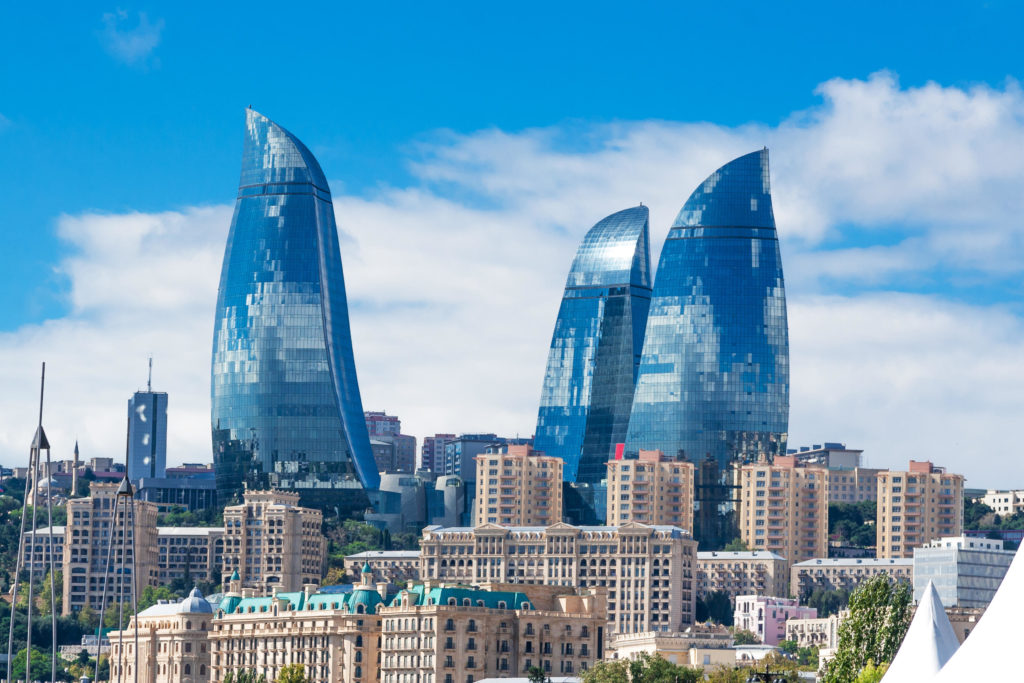BAKU
Azerbaijan and the World Bank failed to reach an agreement over a preferential loan proposed under the bank’s Rapid COVID-19 programme, after the government rejected the distribution terms demanded by the bank.
Azerbaijan’s government and the World Bank were in talks over a $95 million loan and had planned to come to an agreement within two to three months.
“The negotiations have been suspended and at present, the receipt of this loan from the World Bank is not on the agenda,” Mais Piriyev, the finance ministry’s spokesman, told reporters. “We have not yet been satisfied with the directions of the proposed loan distribution, which was proposed by the World Bank.”
The World Bank said the loan would help the government partially offset certain expenses incurred through the COVID-19 pandemic in 2020-21, and would be used as additional business support and social support for low-income segments of the population.
The government didn’t specify the specific reasons for its rejection.
In 2020, Azerbaijan’s government allocated about 2 billion manats ($1.2 billion) or 2.7 percent of gross domestic product (GDP) from state coffers to finance measures to combat the pandemic as well as to support local businesses.
The government plans to allocate 1.5 billion manats for similar measures in 2021.
Azerbaijan joined the World Bank in 1992. Since then, the World Bank has financed over 50 projects with total commitments of $4.4 billion.
In its most recent support to Azerbaijan’s economy, the bank in May agreed a $65 million loan to finance a regional connectivity and development project aimed at providing safe, efficient and climate-resilient transport connectivity and improve market accessibility in the country’s southern region.
The bank said that about 250,000 people living along the Salyan-Bilasuvar road would benefit from the upgraded road infrastructure, as well as improved economic opportunities and easier access to essential service facilities.

